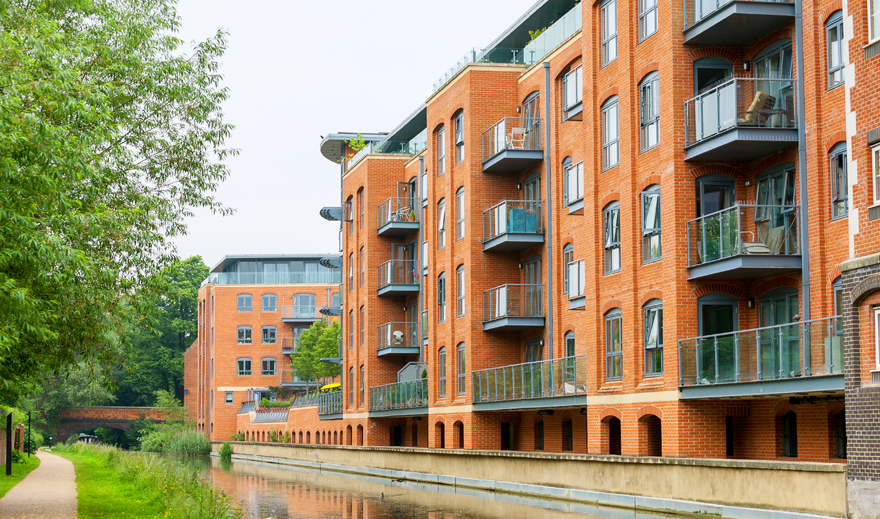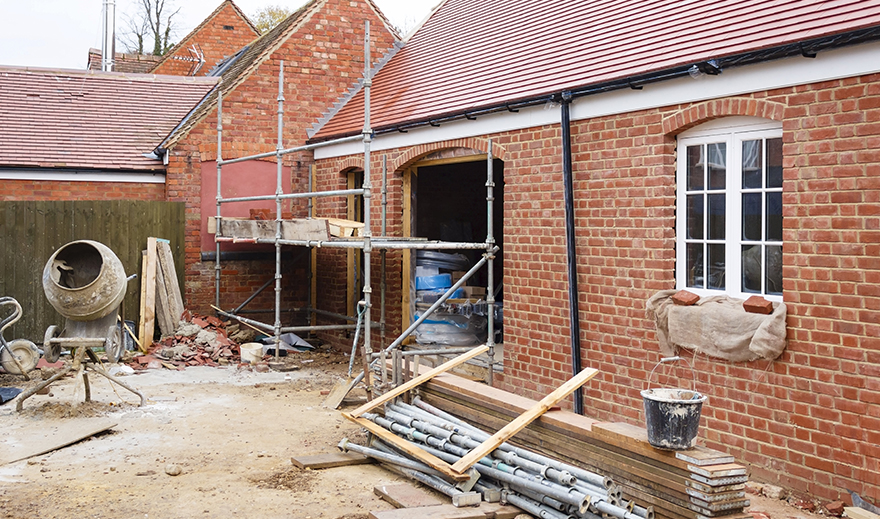1. Garden and Exterior Preparation
Secure loose garden items and trim trees to prevent damage from storms.
Inspect roof tiles, fences, outbuildings, bricks, and mortar for potential issues.
Clean gutters to prevent blockages and water damage.
Check aerials, satellite dishes, and solar panels for stability.
2. Emergency Readiness
Assemble an emergency kit containing important documents, a torch, spare batteries, and a first aid kit.
Regularly check your boiler and consider adding Home Emergency cover to your home insurance for extra protection.
3. Insulation and Heating Efficiency
Properly insulate your attic, walls, and water tank to save energy and prevent heat loss.
Use draught excluders for windows and doors and lag your pipes.
Upgrade to a smart thermostat for more efficient heating.
Bleed radiators to improve efficiency and avoid frozen pipes.
4. Frozen Pipe Prevention
Locate and know how to use your stop valve.
Insulate pipes and fix any drips or leaks to reduce the risk of freezing.
If you’re going away, drain systems during winter to prevent freezing.
Insulate water supply pipes, especially in lofts or exterior walls.
5. Dealing with Frozen or Burst Pipes
If boiler pipes freeze, use a hot water bottle or warm water to defrost the condensate pipe.
Turn off the water and central heating if pipes burst, and drain the system to prevent further damage.
Thaw frozen sections gently, and turn off electricity if electrical sockets are affected.
6. Insurance Considerations
Check if your buildings insurance includes trace and access cover for locating and repairing leaks.
Review your home insurance documents to understand coverage and policy excess.
Report any incidents promptly and provide all necessary details during the claim process.
7. Additional Home Maintenance Tips
Inspect your roof for loose or damaged tiles, especially after summer.
Clear gutters and downpipes regularly to avoid water ingress.
Address trip hazards in outdoor areas like driveways and garden paths.
Secure garden furniture and trim tree branches prone to storm damage.
Ensure your central heating system is serviced annually, preferably before winter.






